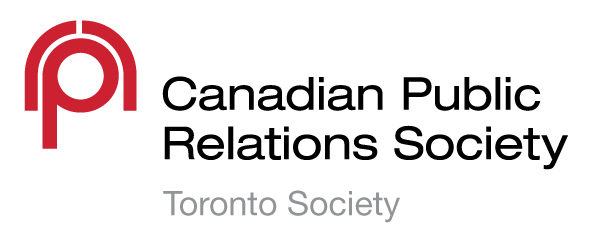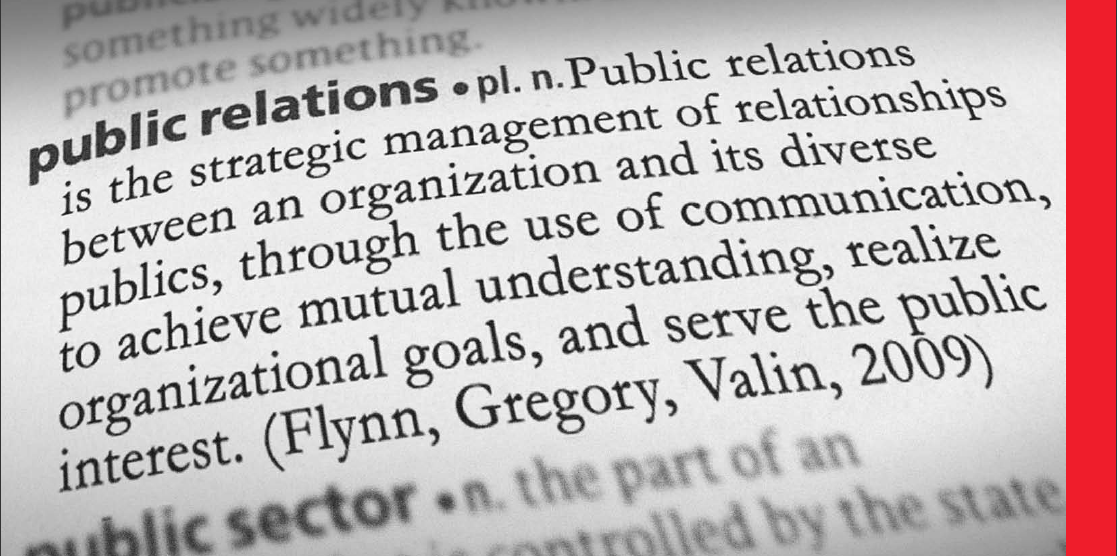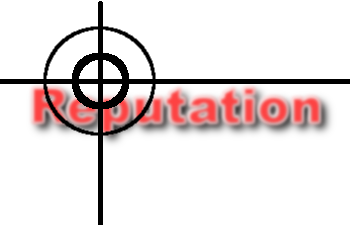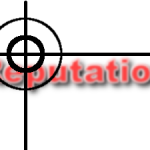I hope that everyone is having a great start to 2016. I know that one of the things that I love to do during the holidays is catch up on some reading. I am a long time subscriber to Toronto Life and an article in their December issue caught my eye and I thought it would make a great starting point for a discussion on our member blog. This article piqued my interest and really got me thinking about our professions’ role in the scenario.
The article, by Nicholas Hune-Brown, is called The Body Snatchers. The premise of the article is the public campaign by sports and business leader Eugene Melnyk to crowd source his request for a live liver donation. In addition to referencing the Melnyk case, the article reviews two other campaigns that made similar requests for organ donations for young children. More specifically, the two campaigns for Toronto-area children, Delfina and Jacob, received some professional assistance. The person who provided this assistance was inspired to help the families find an appropriate donor after seeing a post on Facebook. For the thesis of the article Hune-Brown asks the question: “what happens when PR campaigns decide who lives and who dies.”
We were fortunate the campaigns featured in the article all had positive endings. Both children and Melnyk received the organ donations they needed. While I praise the initiative of the person who came forward to help raise awareness for Delfina and Jacob there are some questions that running a campaign like this raises.
Have these campaigns created a new reality for living organ donation in our province? Is this something that our profession can now consider to be a business? What is the role for remuneration in a situation like this, and, how would the profession deal with any potential conflicts? Do we, as one bioethicist in the articles suggests, create the potential to turn this into a beauty contest?
I don’t believe it is the job of PR to decide “who lives or dies”, I do however consider it to be one of the duties of our profession to engage in conversation on issues of the day and the live donor organ donation debate is relevant. I would love to hear what you think and I look forward to a stimulating conversation on the member’s blog!



